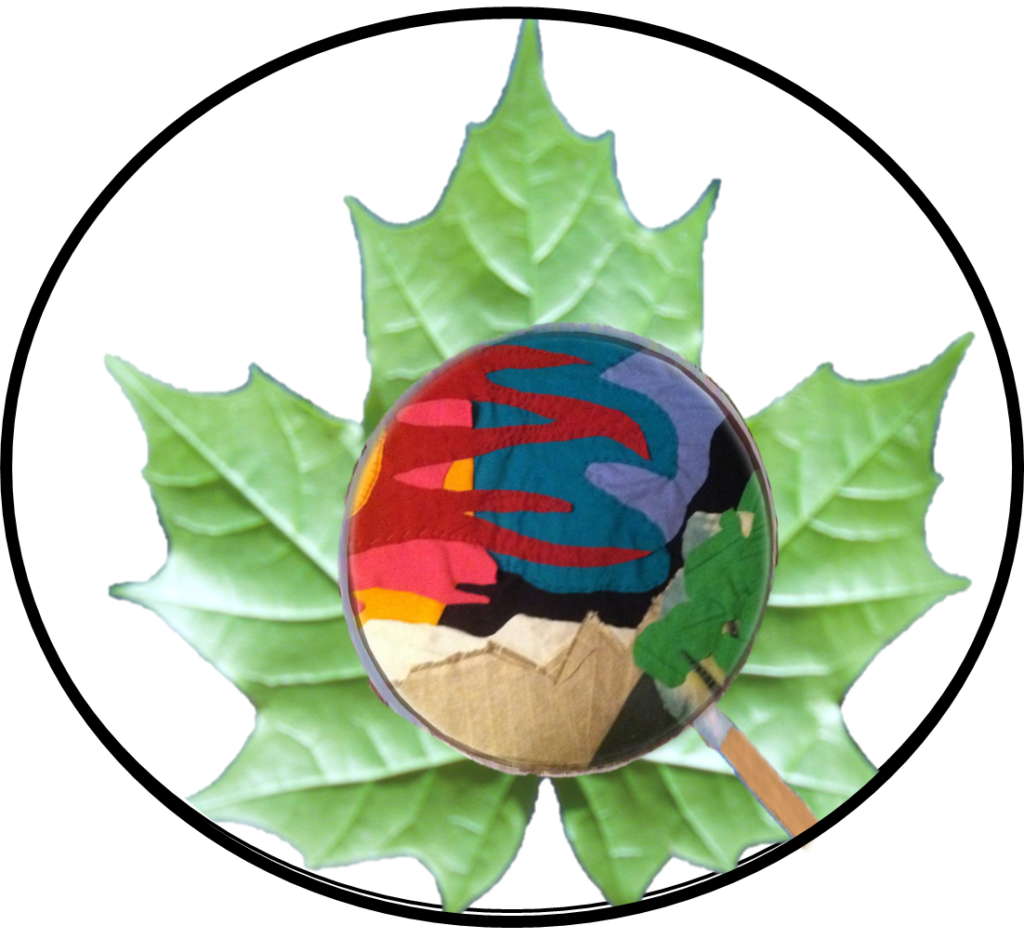OPEN-MINDED SKEPTICS ARE MIDDLE OF THE ROAD
Toasting Moderation
I was raised with a grandmother who praised moderation. In her pontification, she would usually be referring to food or alcoholic beverages. Ironically, she never drank, while her parents, immigrants from Italy, liberally drank the wine they produced. Moderation would be the balanced sweet spot between those two positions. For drinkers, it’s the ground between fun and fatal. After all, it is frighteningly easy to get to that point; a glass full of the right liquor can kill someone.
As a child, I understood how candy and sweets follow this rule. As I aged, I learned the grey area of moderation is the best way, for most things. Habits, beliefs, perspectives, politics, religious ideology, all follow this rule. Moderation is the grey area where you mix both sides, both extremes, black and white.
The reason moderation is key is that in order to find a middle ground, we must be well informed about both sides of an issue. Once familiar with both extremes, we can start to see the exceptions to their absolutes. This reminds me of a test taking strategy: “if you see “always” or “never” in a multiple choice answer, it’s a good indication that the answer is wrong”. Why? Because there are exceptions to extremes.
As a parent, I must encourage my child to see other perspectives, search for them, and examine where they came from. This is a practice that increases the ability to use reason and rationale. Reason is a higher level of thinking. Unfortunately, it’s easier for the mind to fall into the lazy pattern of operating from a place of automatic thoughts and responses. Unchecked thoughts can quickly become unbalanced, extreme.
Middle Way from East to West
Not only is the middle way prescribed by the philosophies of Buddhism and Tao, it is the safe approach to advancing scientific exploration. Science also had its share of visionaries, those who could think and theorize to an extreme degree. However, those theories were checked and then put to the test by open-minded skeptics.
Take Mendeleev for example, the genius and visionary who brought us the periodic table. Here’s how I describe him in my Chemistry class:
“The periodic table is a chart containing details on the weight, physical and chemical properties, composition,and physical state of 110+ elements. The periodic table was created before the discovery of half the elements on it! Mendeleev was the original designer; his predictions and implications for the future of Chemistry were equally impressive. It would take scientists decades to prove them all correct.”
“Mendeleev operated during the time when atoms where considered the smallest particles in existence. When he developed the periodic table, there were approximately 60 known elements. In 1870, Mendeleev wrote The Principles of Chemistry, a multi-volume work . During this time, he developed a chart based on increasing atomic weight. A deeper investigation showed a pattern of similar properties emerging. Mendeleev adjusted the weight of some elements in order for them to fit the pattern. He also left spaces where he believed undiscovered elements would fit in the future. The pattern, once elements were aligned in horizontal rows, was that vertical columns shared similar chemical properties. Not only did Mendeleev predict elements would be found to fill the blank spaces, but he also successfully predicted those elements characteristics.” 2011 Vintage Learners
For my online Chemistry class, I ask students whether they would have prescribed to Mendeleev’s table and theories, had they been his contemporary. There is no right or wrong answer to this essay question; it’s intended to make them consider what he really did. Answers typically fall into one of three categories: “no way”, “yes, of course”, and “maybe after considering his evidence and rationale”. While students are free to make their own choice, there is one type of answer that’s best for Science, those that show the ability to have both an open and skeptical mind. Mendeleev was asking fellow Scientists to take leaps of logic that weren’t supported by the evidence available at the time. Eventually technology caught up to his theories. His ideas were correct.
Introducing Moderation
When it comes to raising my child, I will encourage a balance of skepticism and open-mindedness. I want my child to enjoy reasoning through a concept or problem. Otherwise, the extremes on this spectrum are worrisome for me as a parent. An unaware child frolicking through life, blindly open-minded about everything is hazardous, but so too is the narrow path of a skeptic. Just another case where moderation is key.
Like my grandma, I will start instilling moderation through tangible and applicable examples. It starts small, by explaining why a little bit of sugary snacks are ok, while a lot is unhealthy, or why a little screen time is ok, but it’s not good all the time. Of course, these are also learned behaviors that I will model for my child. I don’t expect my child to live a life of perfect moderation, but it’s a foundation that needs built. Hopefully, when they start to make their own choices, overindulgences of all types occur infrequently with negative results serving as a reminder to seek the middle ground.
